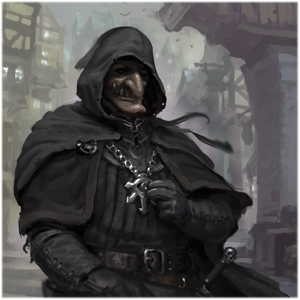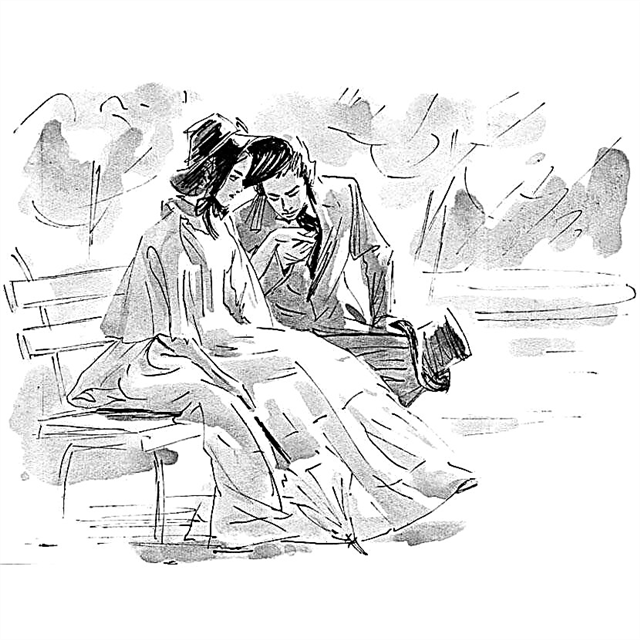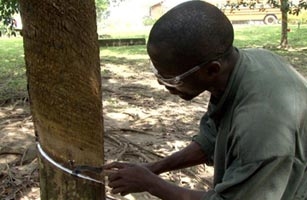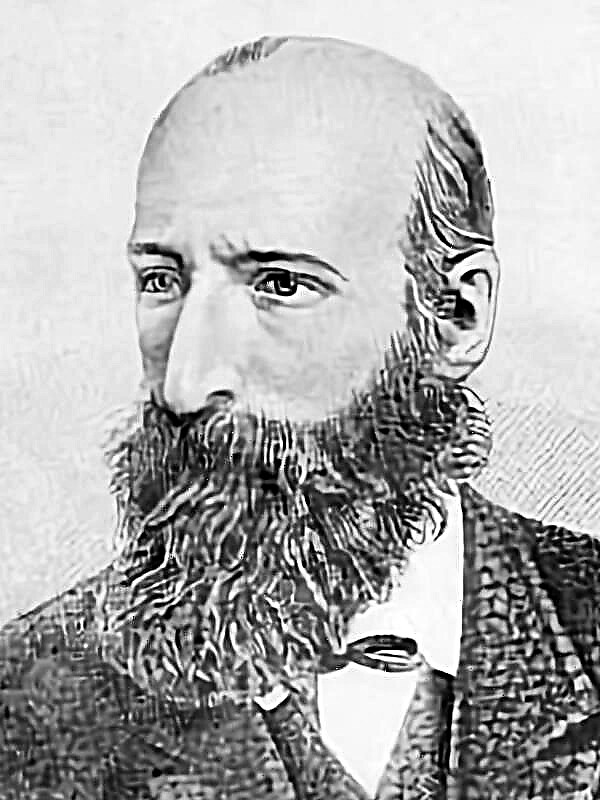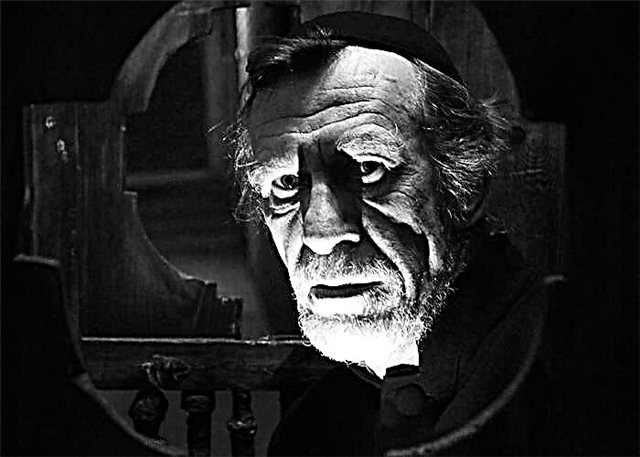The tenth year after the end of the Trojan War. On the island of the nymph Calypso, where Odysseus has been living for seven years, the Messenger of the Gods Hermes arrives with a report and instructions: It is time for the wanderer to return home and put things in order there. But Odysseus does not seek Ithaca, for he understands that he will again be forced to kill, and he has always been not so much a king and a warrior, but a plowman. He was forced to leave his homeland and take part in an invasive war launched by the Olympians to show that the war is also a “deity” requiring sacrifices. And Odysseus sacrificed to Troy, leaving for war only then, to return soon. But now the Wanderer is simply afraid to feel again the run of time, which you do not feel here, at Calypso. Maybe he was her captive, although he never tried to leave. Nevertheless, he has no choice: he must submit to the will of the gods.
... And on Ithac, riots have really happened in recent years. Penelope's grooms, who founded the Progress Party, wishing to take control of the state and power of the Long-Absent King, tried to force the Spouse to agree to the marriage, convincing her that she was broke. But Penelope nonetheless remained a wealthy woman. The nurse, Odysseus Euryclea, the ubiquitous old woman, now and then went to the mainland, where she conducted trade herself or through dummies. There was an economic and political struggle on the island. The spouse was dragging on time: at first Eurekalea thought her over to spin all the available wool (this lasted for several years), and then, when the grooms cut off supplies, proceed to the Fabric of the funeral bed for the father-in-law, the rumor about which was spread by the same old woman.
The Wanderer’s departure is drawing near. He will leave the place where he was able to taste the peace, and go into the unknown, into a world that must have changed too much over the past twenty years. Again to the war, which is so sweet to the gods who do not want to see the human race as lofty and tender, doing everything to bring out "a breed of people where men hastily lighten heavy flesh, a breed of men who do not have time to rest on their female breasts."
... Political tricks Spouses did not like the Son, who in many ways was still a boy, naive and straightforward. Telemachus subconsciously felt like his mother. A middle-aged woman, she has already made her choice and that when the long-waiting woman thinks about young men who want her, her shuttle runs faster ...
On the last night at Nymph, the Wanderer tells her what he had to experience. No, not to him, but to a man named Utis - Nobody. About how his companions mistook ordinary girls for sirens, and whirlpools - for monsters, how, after drinking strong wine on Kirky Island, they behaved like pigs ... And also about the fact that he is haunted by the memories of the murder of Hector's son, Astianax. Not remembering who did this. Odysseus is trying to convince himself that it was not him, but the war.
... The fabric lasted a long time. And a middle-aged woman, rather, did not yearn for the Spouse, but for men in general. She did not know: to be strong - does it mean to wait or to take care of her life herself? Then she had to (at the prompt of Euriclea) gradually dissolve the canvas, not deceiving, but "pursuing a policy." Grooms spent everything before they officially announced it: they were not averse to taking advantage of someone else's good. But anyway, the Trick with Cloth was exposed, and Penelope was forced to promise to choose a new husband in a month. Memories do not let Odyssey go: he thinks too often about Troy, about the War and about the descent into Hades, which he saw in delirium. Then the forecaster Tiresias told the Wanderer that he was waiting for his return knee-deep in blood, when there was no desire to return. And Odysseus will be unhappy until he finds in the West people who do not know the sea and war. Then, maybe, he will become the first man of a new breed, and happiness will smile at him.
Meanwhile, on the advice of a certain Mentes, Telemachus decides to go to Nestor and Menelaus to find out something about his father and prove to everyone that he himself has already grown up. An attempt to officially achieve this fails: the Progress Party easily succeeds in dissolving the National Assembly. The son has to go to Pylos secretly.
Swimming Odyssey begins well. But soon the storm, the anger of Poseidon, falls upon him. The Wanderer spends several days in the raging waves, until he lands on the shore. "I am a man away from the sea, I live."
Pylos and his ruler Nestor deceive Telemachus' expectations. The young man expected to see a mighty hero, and he meets a chatty old drunkard. Confused in thoughts, he begins his memories with the words: “Well, first, of course, we killed the children ...” Nestor never said anything definite about the Odyssey.
The exhausted, hungry Wanderer finds himself in the lands of the Theakians, where he is found by Princess Navzikaya, a young girl who dreams of her One, real hero. "... The true heroes are noble gentlemen, they do not kill children ..." The Theakian king receives Odysseus as a welcome guest, and he gets the opportunity to take a break. But here he continues to recall Astianax, whom the War killed. “I was a member of the War. But War is not me. ”
The fact that Telemachus left has become known to the Progress Party, and the suitors decide to remove the Son as an extra obstacle to power over Ithaca (and then over the rest of the land) as soon as possible. The spy informs Penelope of the suitors of the suitors, and Euriclea immediately sends him to the mainland to warn Telemachus about the danger.
Meanwhile, at the feast of Tsar Alkinoi, the Wanderer reveals his real name: partially true, partially simulated excitement at the sounds of a song about the Trojan War betrays him. Then he tells everyone about his wanderings, transforming them not in the main thing, but in the details. To be believed, he creates a legend shrouded in a halo of divinity: the volcano turns into a cyclops, strong wine into a witching drink, whirlpools into bloodthirsty monsters ... The Odysseus seeks to help the Phoenicians help him return to his homeland. Maybe he would have stayed here, marrying Navzikai, but it’s too late. He will return to Ithaca and fulfill the role of executioner prepared for him.
The first one Odysseus meets when he gets home is the main swineherd, Eumeus. Pretending that he did not recognize the Tsar, he says that Odysseus, once again stepping on the land of Ithaca, will still not return from the war, for he will begin it anew. He has no choice, because he is just a captive of funny, playing gods, which people themselves invented. Blood will flood not only the small island of Odyssey, but also all other countries. But probably. King Ithaki, having taken power from the suitors and divided it among many citizens, will be able to lay the foundation of the new human kingdom when people themselves will understand who they are and what they should do. And then the power of the gods will no longer be able to draw them into a new war.
Returning from his unsuccessful journey (Menelaus also did not say anything new and did not provide significant assistance), Telemachus meets his father, but does not recognize him: the man whom he saw was not like his dreams of the Father, Hero and Protector. And Odysseus, having revealed his secret to his son, realizes that the family will accept him, maybe his body will recognize him, but he will never know him.
Under the guise of a beggar, the Wanderer enters his home. Despite the constant insults of the suitors, it still seems to him that there is no need to kill them all and many can be spared ... Unrecognized, he speaks with his wife and realizes that he returned too late: Penelope will marry someone who will deliver her from twenty years of expectation, anxiety and longing.
According to the plan for the extermination of the suitors, Telemachus announces that his mother will be the wife of someone who can shoot an arrow from the bow of Odysseus through the rings of twelve axes. Grooms cannot do this. They try to turn everything into a joke and, taunting Telemachus and the supposedly dead Odysseus, confirm their death sentence one by one. If the Wanderer could have survived even one of them, he would have told himself that, neglecting the divine order, he managed to save Astianax. But he came to kill. Taking the bow. Odysseus begins his mission.
And he kills them all. Subsequently, the rumor exaggerated the number of victims of this massacre by almost five. In fact, there were no more than twenty. A doll in the hands of the gods, the personification of war, Odysseus destroys the world for many years, spilling blood under the moans of a giving birth to a slave, coming from the room for the servants. And Penelope cries in her room, realizing that the wreckage of the war that had not been needed by anyone deprived her of freedom of choice and the right to happiness ...
When slaves and their former mistresses are destroyed together with the suitors, Odysseus learns that they also want to remove the woman who has given birth and her child from the "world of those who are pure." This decision causes a Wanderer to protest, because not a single child in this world has caused and will not harm him. But it's' too late. In addition, he had no time to think about it: he had to go on his journey, a distant journey to the west. However, the wise old Eurekales, smiling faithfully, stops him: “The journey is over, my child, the ships are pulled ashore for wintering. I have prepared a bath for you, my beloved gentleman ... "

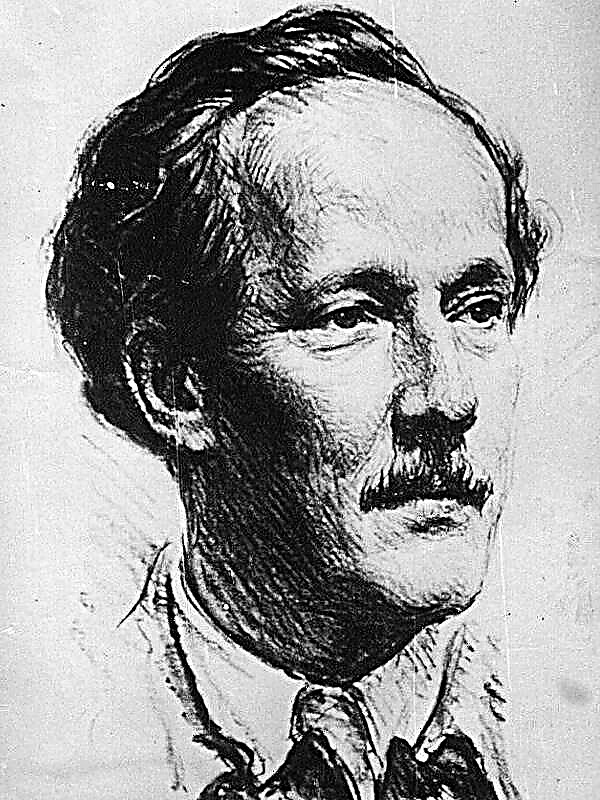
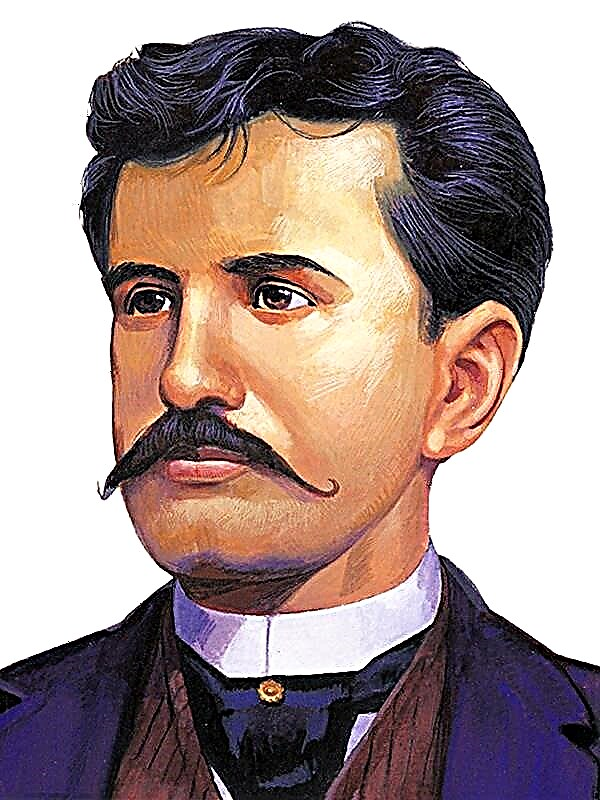
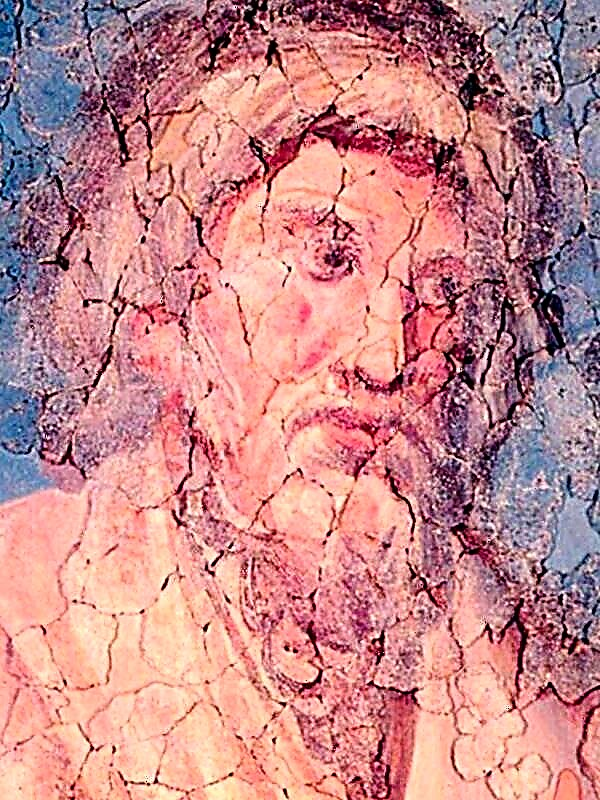 Metamorphoses
Metamorphoses
